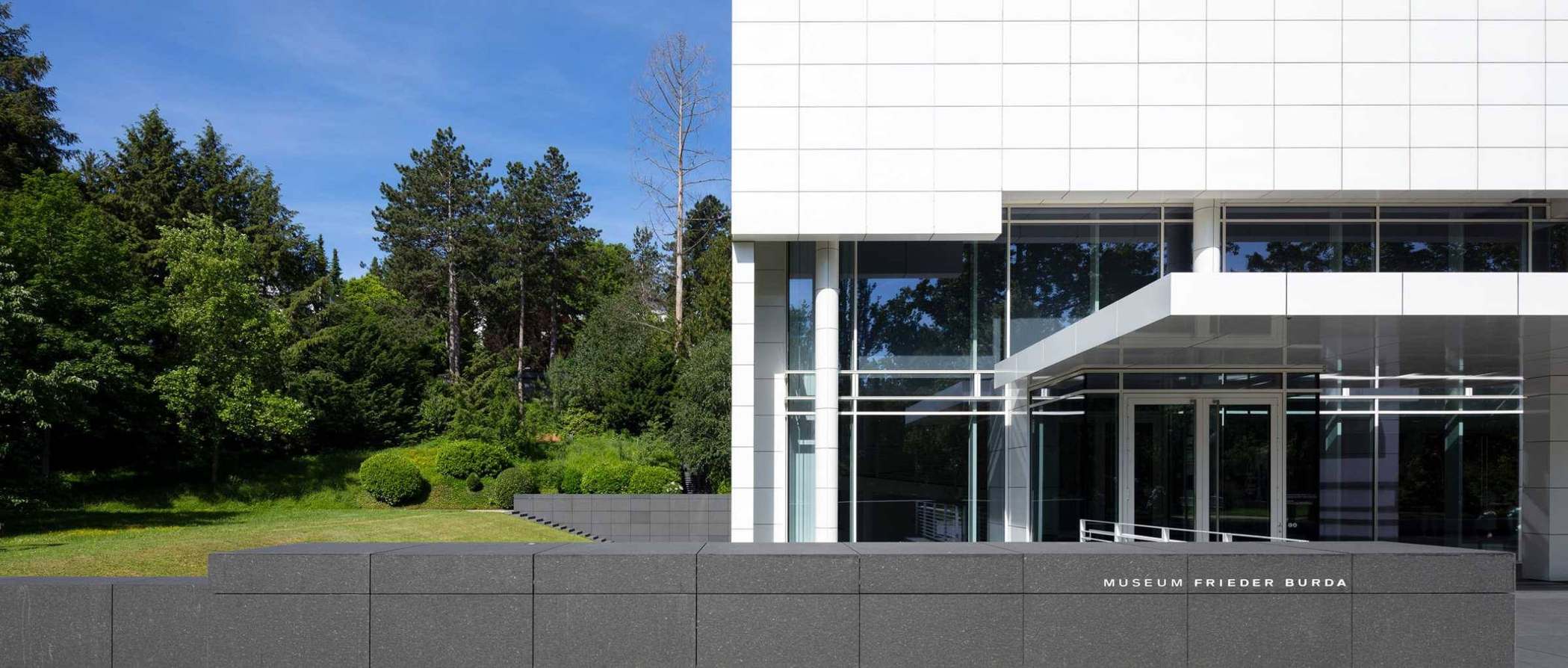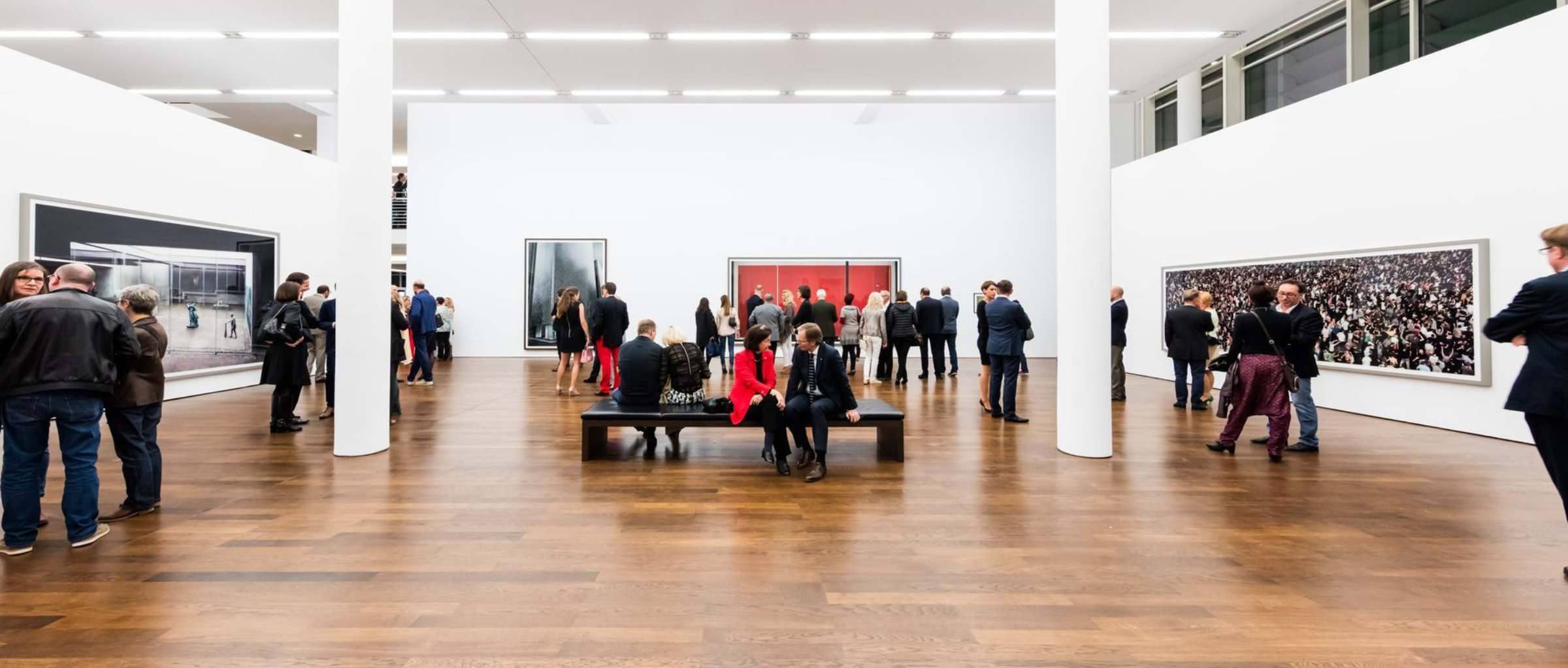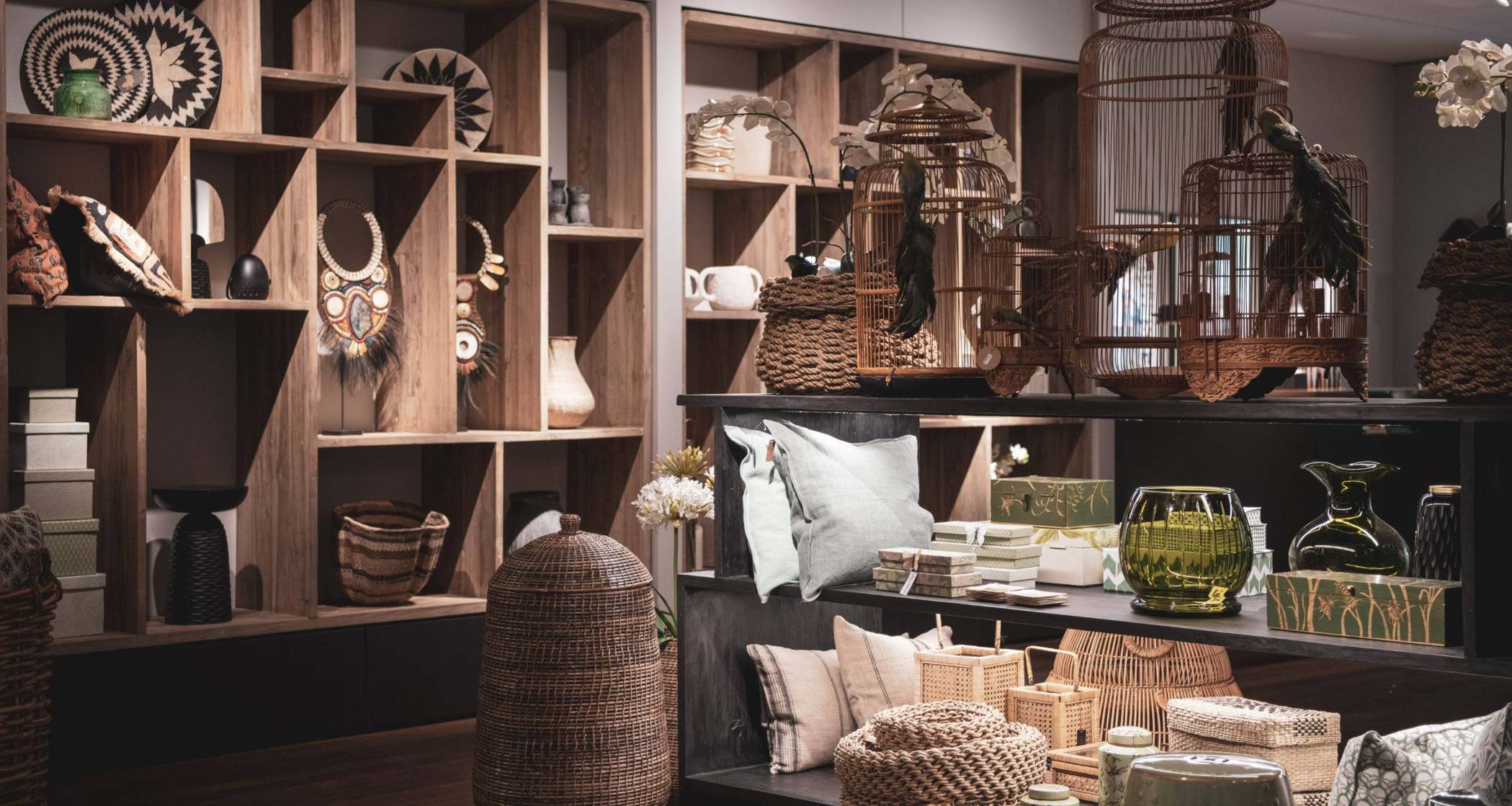With the exhibition Poetry of Light, the Museum Frieder Burda is celebrating one of the great pioneers of Abstract Expressionism: the painter, sculptor and photographer Richard Pousette-Dart (1916–1992). Around 140 works from six decades provide an opulent overview of the multifaceted oeuvre of one of the most important artists of American postwar abstraction.
Alongside colleagues such as Jackson Pollock and Mark Rothko, Pousette-Dart played a prominent role in the formation of the New York School, which ushered in the international triumph of free abstraction in the 1940s. Like many artists in the orbit of Abstra...
Until today the colorful imagery of Impressionism fascinates like no other art movement. The new type of painting, which emerged in 1860s France, is characterized by vibrant, high-keyed colors and the deployment of energetic, sketch-like brushstrokes. With Max Liebermann (1847–1935) as its famous figurehead, the revolutionary movement soon became the leading avantgarde in the German Empire. In terms of motifs, its artists explored a wide range of themes – from sun-drenched landscapes and atmospheric figure pa...
Since antiquity, the detailed reproduction of nature has been one of the key concerns of the craft of painting. In the art of the 20th century, no other movement pursued this rivalry with reality as programmatically as American Photorealism. As a reaction to Abstract Expressionism, artists such as Richard Estes, Audrey Flack, Ralph Goings or Ron Kleemann returned to figurative painting, seeking to compete with the medium of photography in its precision and pictorial prowess. Banal motifs from everyday...

In order to maintain the integral nature of the Collection and make it accessible to the public, a museum was built in Frieder Burda's home city of Baden-Baden. The plans have been drafted by the New York architect Richard Meier. The Museum Frieder Burda was inaugurated in the autumn of 2004 and will be fully financed and run by the Foundation Frieder Burda which was established in 1998. The new museum for twentieth- and twenty-first-century art has been designed to integrate into the lush landscape of the Lichtentaler Allee Park and, at the same time, to harmonize in scale with the classical profile of the adjacent Staatliche Kunsthalle in Baden-Baden. The Museum Frieder Burda has been presenting high-calibre temporary exhibitions with international loans since 2004. Great efforts were taken to preserve as many trees as possible on the site, so that the Museum Frieder Burda would be harmoniously incorporated into the nature surrounding it. The overall form and proportions of the new building correspond to the elevated plinth and entablature of the Neoclassical Kunsthalle, but each institution maintains its own tectonic identity.


The Museum Frieder Burda offers its visitors a diverse education programme for all age groups. In addition to regular public tours of the current exhibitions, we also offer private tours with experienced art educators. These tours, which are non-refundable and must be reserved in advance, include immediate entry to exhibitions without waiting or queueing.


More than just a museum store. In addition to catalogs, art prints and posters, the Museum Frieder Burda Concept Store offers a wide range of exclusive jewelry as well as highly decorative furnishings such as vases, tableware, textiles and even individual pieces of furniture. The idea behind the concept: Everything you see can be bought.
The Concept Store can also be visited without a museum ticket. Simply contact our staff in the checkout area.

Wir verwenden YouTube, Vimeo und Spotify, um externe Medien einzubinden. Bitte wählen Sie, welche Dienste Sie erlauben möchten: